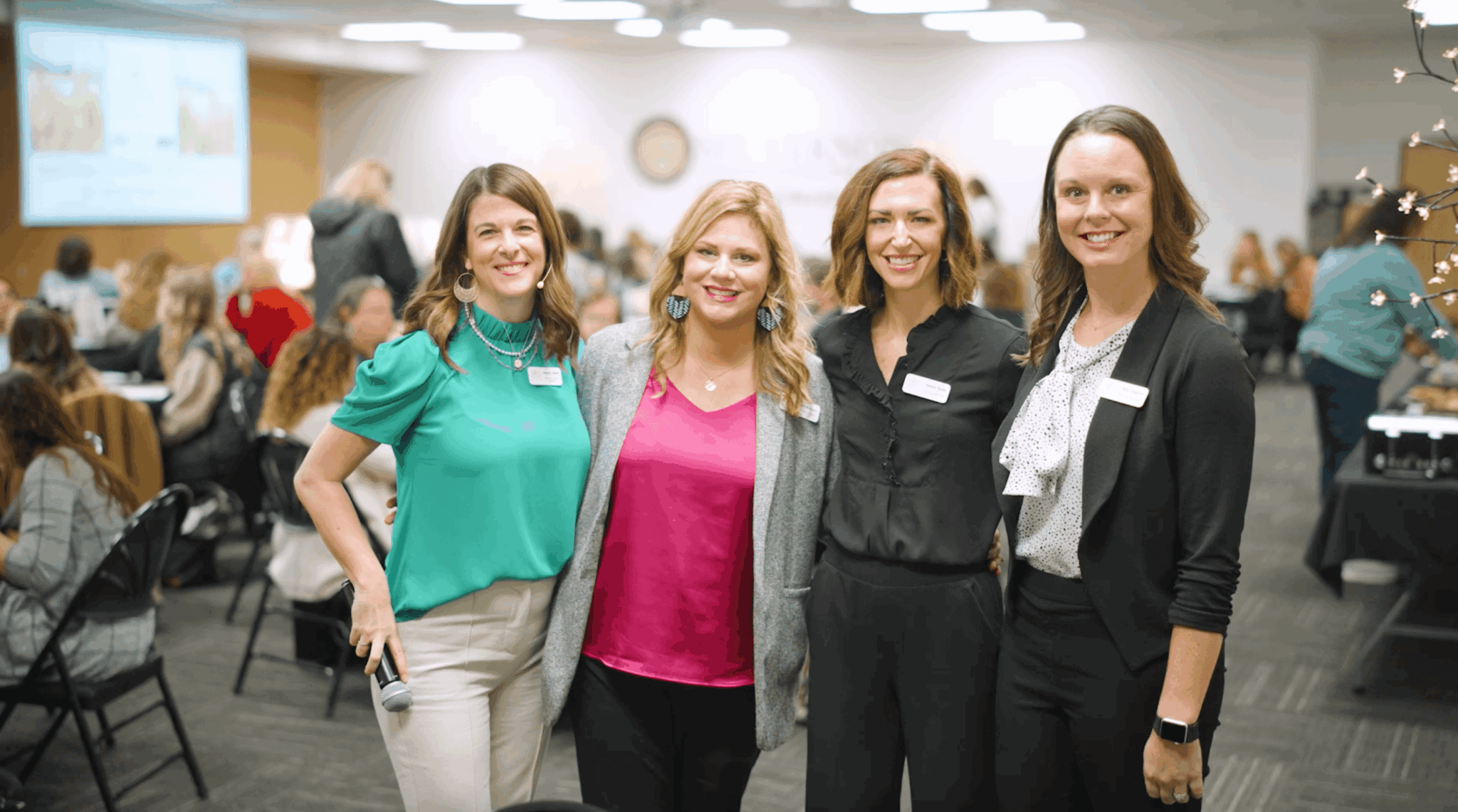We caught up with the brilliant and insightful Amy Abell a few weeks ago and have shared our conversation below.
Amy, looking forward to hearing all of your stories today. We’d love to have you retell us the story behind how you came up with the idea for your business, I think our audience would really enjoy hearing the backstory.
I had previously worked as a school psychologist for 10 years when we adopted two of our children internationally. After bringing home our boys, I realized firsthand the profound impact that trauma had on childhood development in a deeply personal way. After three years of parenting our sons traditionally, my husband and I knew we had to find a different approach to supporting the unique needs of our children. We attended a conference and learned about Trust-Based Relational Intervention®, which was developed by the Karen Purvis Institute of Child Development. After utilizing TBRI® in our home, we realized it’s incredible power and potential to create healing and hope in the lives of not just families but anyone working with children or adults who had experienced trauma. Whether in schools, juvenile justice organizations, the Department of Children and Family Services, victim assistance, adoption agencies, foster care agencies, community mental health, etc., so many professionals are struggling to meet the needs of those who have experienced adversity. Traditionally, punishment has been used to change behavior; however, neuroscience has taught us how much fear and shame, actually activate and escalate behavior issues. Trust-Based Relational Intervention is changing the landscape of how we approach children, teens, and adults. After eight years of training and consulting with organizations throughout the Midwest, I have seen firsthand that TBRI not only builds resilience in those impacted by trauma, but also in the professionals who are supporting them.
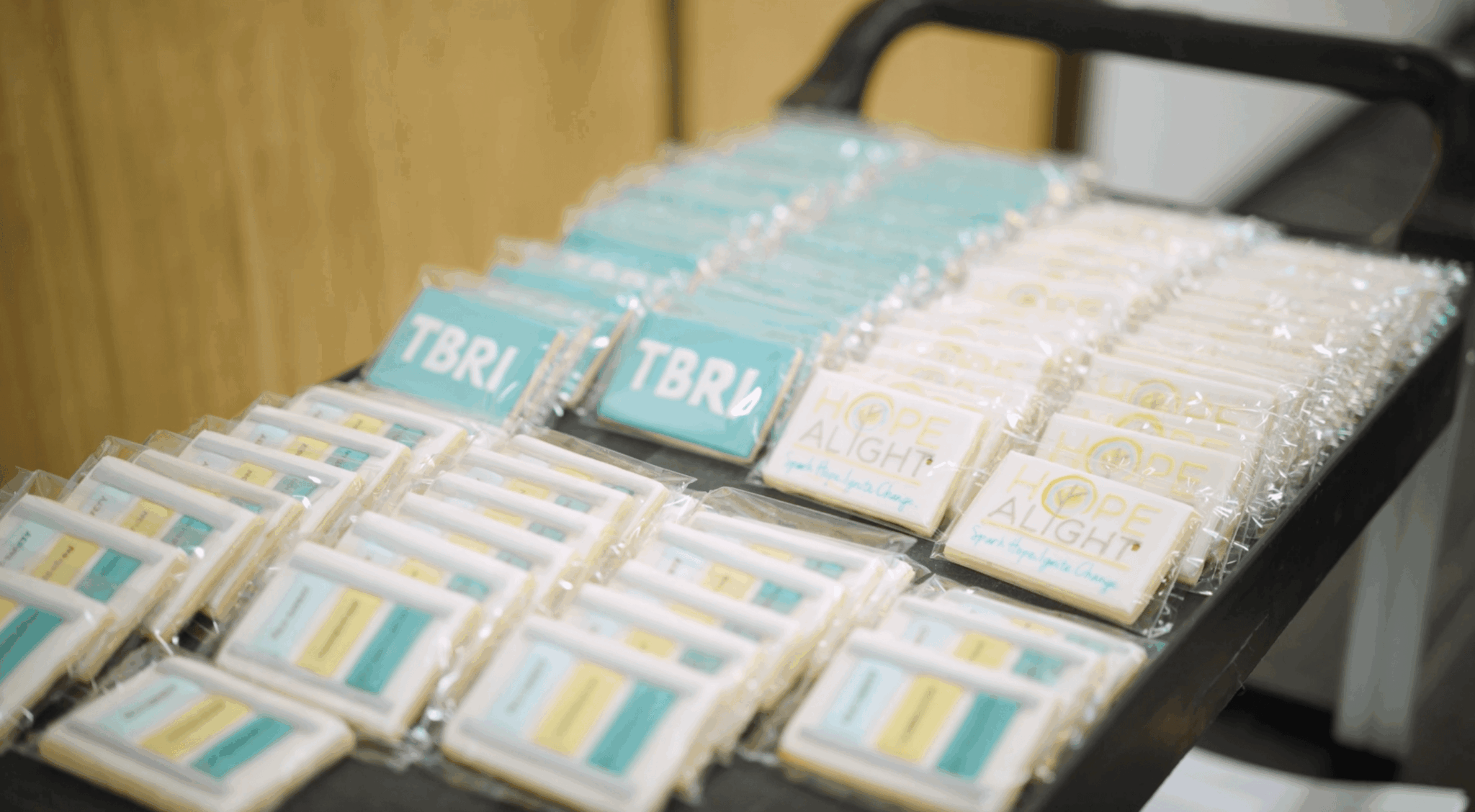
Amy, love having you share your insights with us. Before we ask you more questions, maybe you can take a moment to introduce yourself to our readers who might have missed our earlier conversations?
I have learned that my past plus my passion has led me to my purpose. I am an adult who has experienced significant trauma, and school was my safe place growing up. Many teachers, coaches, and administrators built strong, trusting relationships with me, and thanks to them and some other key mentors in my life, I was fortunate to experience a level of resilience that allowed me to go to college, finish graduate school, get married, start a family, and enjoy a wonderful career. I worked as a school psychologist because I wanted to help students who were struggling academically, socially, emotionally, and/or behaviorally. I thought I would work as a school psychologist for my entire career, but creating HopeAlight and building this business has allowed me to do work that I am deeply passionate about that truly makes this world a better place.
At HopeAlight, we provide comprehensive training services, as well as follow up consultation support to help our clients implement TBRI at deep levels. Our goal is system-level change that is sustainable long-term. We partner with our clients to help them take manageable steps, integrating TBRI in the way they see the world, the way they support their own needs, and the way they meet the needs of their students/clients/children. I am so proud of the training I have created and the comprehensive support we provide through our services and implementation materials.
In addition to the incredible work we do as a company, I am proud of the entire HopeAlight Team, as we not only believe in this work and teach this approach, but we also live out the values and practices. This has wide implications on how we take care of ourselves, how we treat others, how we see the world, how we parent our children, etc. For example, work/life balance is one of our most important priorities at HopeAlight, as we believe in the value of maintaining a wide Window of Capacity so that our personal and professional lives are as healthy as possible. Everyone on my team has experienced living in survival and the negative impact that has on our nervous system regulation, our work, and our families. We strongly believe in doing incredible work with integrity, which means living out the values of TBRI and having redos when we make mistakes.
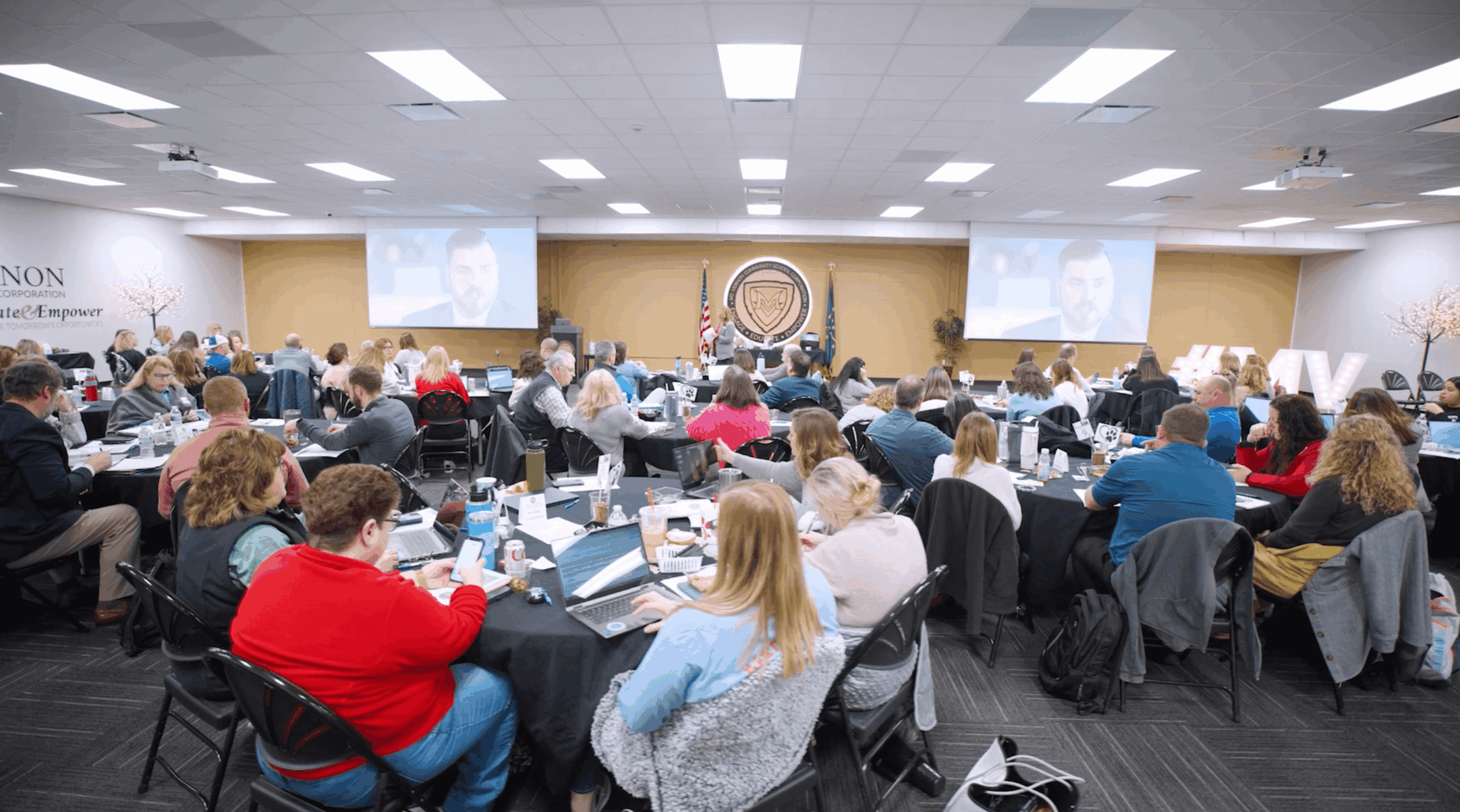
Have you ever had to pivot?
The training and consultation we provide is built on strong relationships, as is the entire TBRI approach. When COVID shut down the world, I initially panicked. I questioned how we could ever support our clients without having that in person experience. In an attempt to provide support and encouragement, a friend shared with me the importance of farmers letting their fields rest so that something new could grow. She challenged me to think about how COVID was creating an opportunity for rest for me and for the business and to get curious about what could grow as a result. We had a new school-based client who shared that their district needed TBRI more than ever as a result of the pandemic, so we pivoted and moved all services to be conducted virtually through Zoom. Instead of COVID shutting down HopeAlight, the pandemic actually allowed us to grow the business, as our reach was no longer impacted by distance. Our virtual trainings continue to be rated as highly as our in person experiences, and virtual consultation has allowed us to support organizations in ways that are more conducive to their needs. In the end, I am grateful for the pivot HopeAlight had to make in 2020!
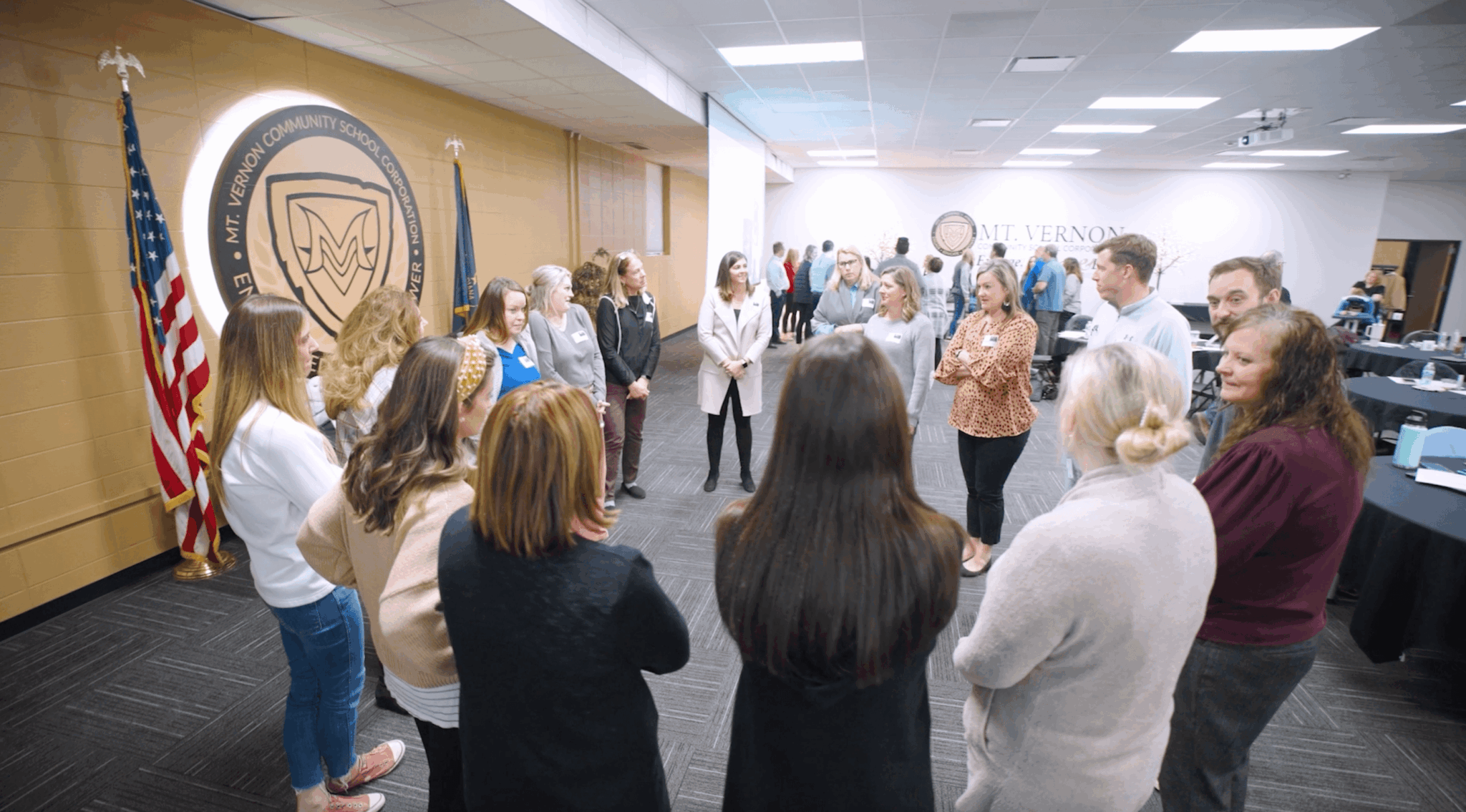
Do you have any insights you can share related to maintaining high team morale?
I have 3 key pieces of advice for managing a team and maintaining high morale. First, I think it’s important to have a high balance of structure and nurture. It’s important to have rules, expectations, procedures, boundaries, limits, and accountability for issues, but strong leaders will also meet their team’s needs (emotionally and physically as much as possible/is appropriate), empower voice, share power, support self-worth, provide empathy, and provide accountability while regulated. I can say, with confidence, that maintaining my team and high morale are highly impacted by this balance of structure and nurture. Second, I believe in prioritizing work/life balance. All of my training specialists are married and raising children in addition to working for HopeAlight, and I believe that in order for them to do incredible work, they need their homes to be places of joy and connection. They need times of rest and recovery away from work, which them allows them to have capacity to support our clients in powerful ways. Third, I believe in the power of appreciation, as it helps communicate to my team that they matter, their effort matters, and that I am grateful for all they do to support me, each other, and our clients. When people feel that they are valued and appreciated, I think they are much more excited to come to work and give everything their best!
Contact Info:
- Website: http://hopealight.com
- Instagram: @hopealight
- Facebook: @hopealight
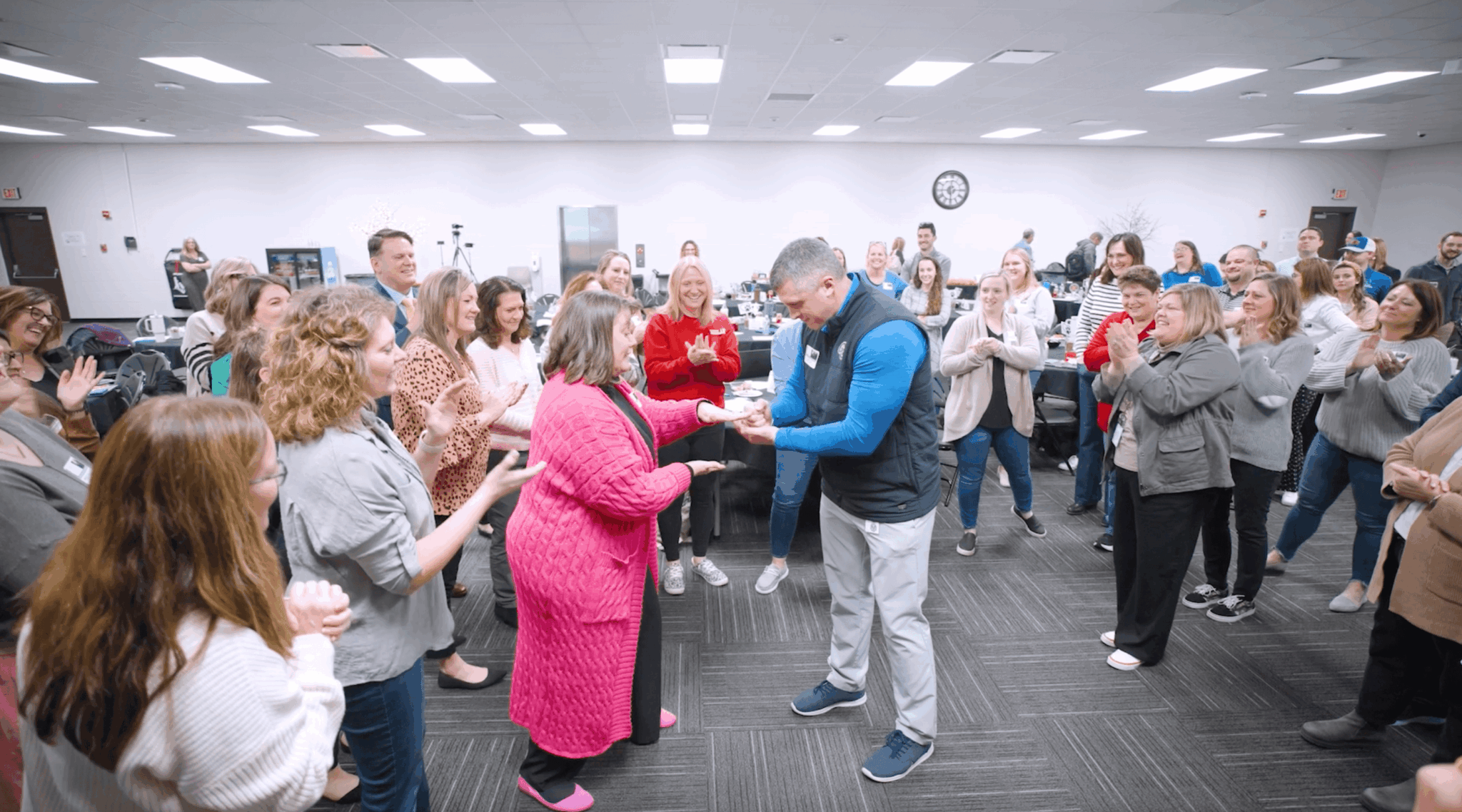
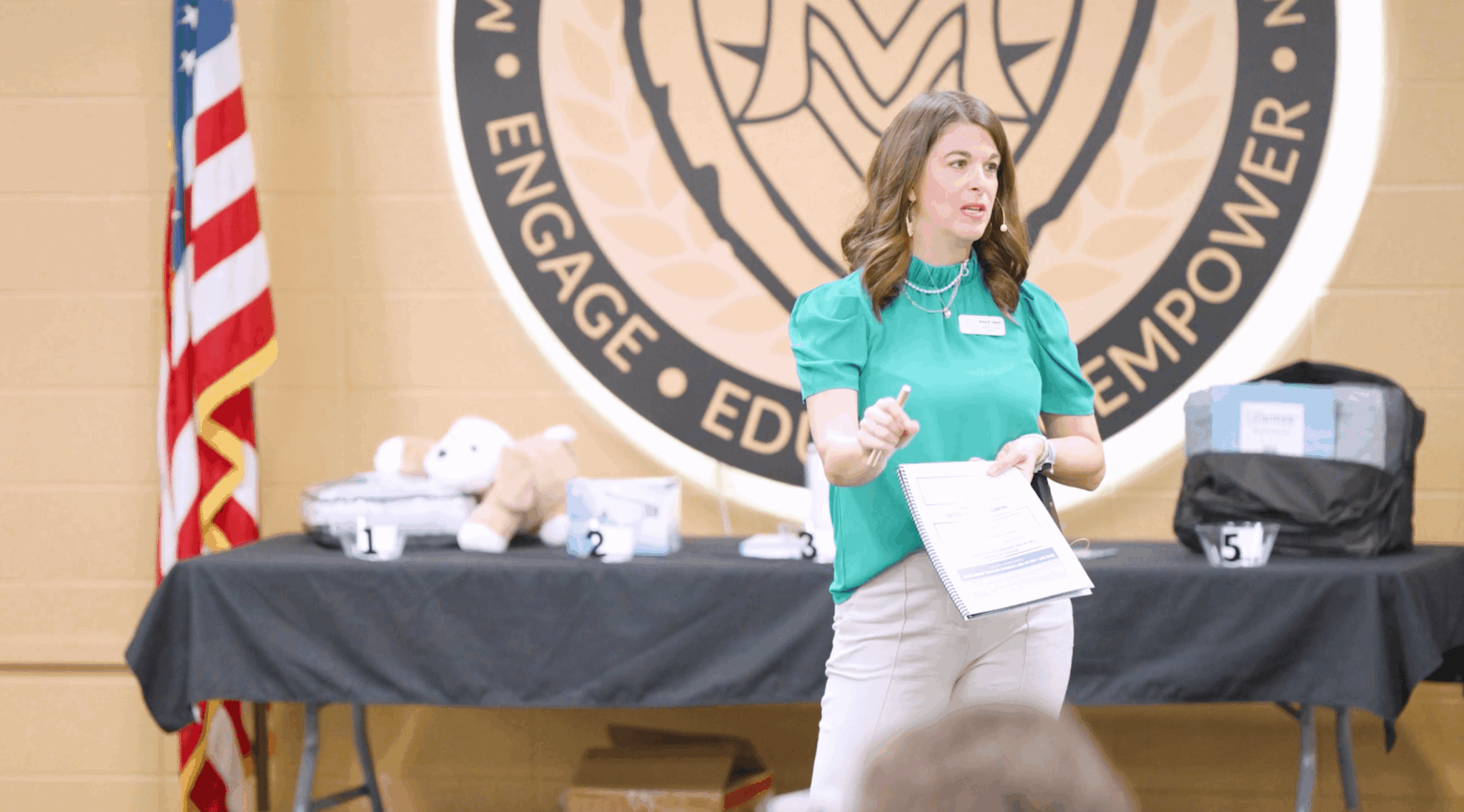
Image Credits
Images taken by Tony Mulinaro, Yellow Line Productions.


